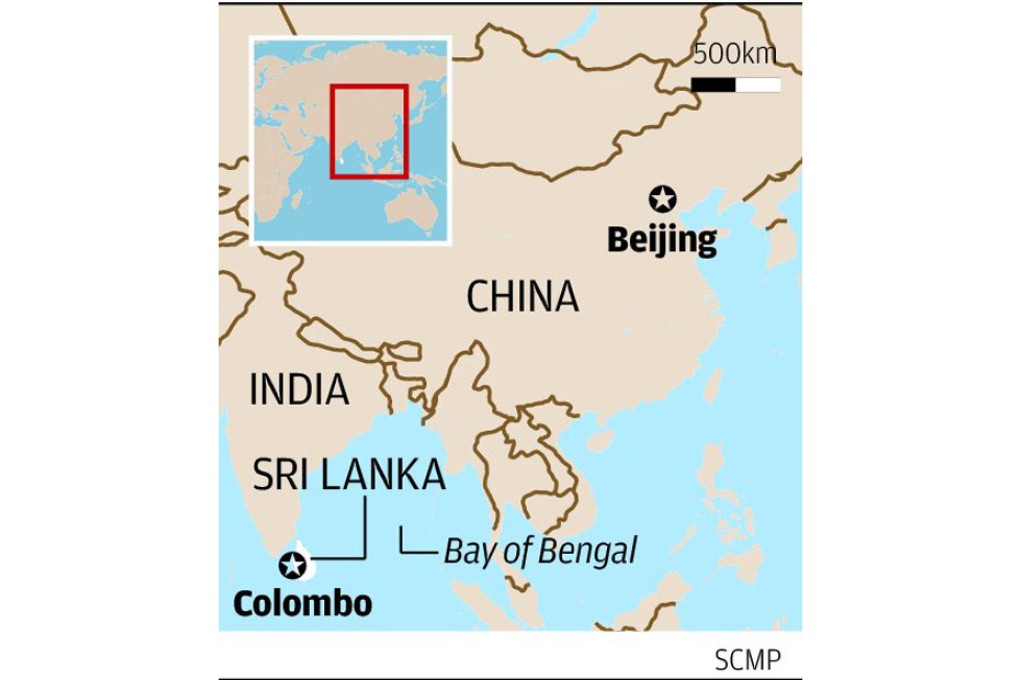Risks load up for Colombo port from India plans
Rising competition from ports being built in India could pose a threat to cargo throughput at a new US$500 million container port in Colombo, Sri Lanka, 85 per cent-owned by China Merchants Holdings (International), which also operates the port.

Rising competition from ports being built in India could pose a threat to cargo throughput at a new US$500 million container port in Colombo, Sri Lanka, 85 per cent-owned by China Merchants Holdings (International), which also operates the port.
"In the next 10 years, the Indian Ocean will become the new battlefield for China and India, which are jostling for control of the region," said Hu Zhiyong, an associate professor at the Shanghai Academy of Social Science's Institute of Asia-Pacific Studies.
India's port-building spree has been partly fuelled by geopolitical tensions in the Indian Ocean.
The Chinese government and mainland companies have invested in a series of port projects in the past few years, covering the northern and western edges of the Indian Ocean. Some Western media have dubbed the ports - Chittagong in Bangladesh, Kyaukpyu in Myanmar, Colombo and Hambantota in Sri Lanka, Gwadar in Pakistan and Bagamoyo in Tanzania - a string of pearls encircling the Indian sub-continent.
China Merchants' involvement in the new Colombo port, a pivotal port on one of India's most important trade lanes, acted as a wake-up call to the Indian government.
Due to chronic under-investment in port facilities in India, about 13 per cent of India's container traffic passes through Colombo, with nearly 70 per cent of the containers handled in the old Colombo Port originating in India.
